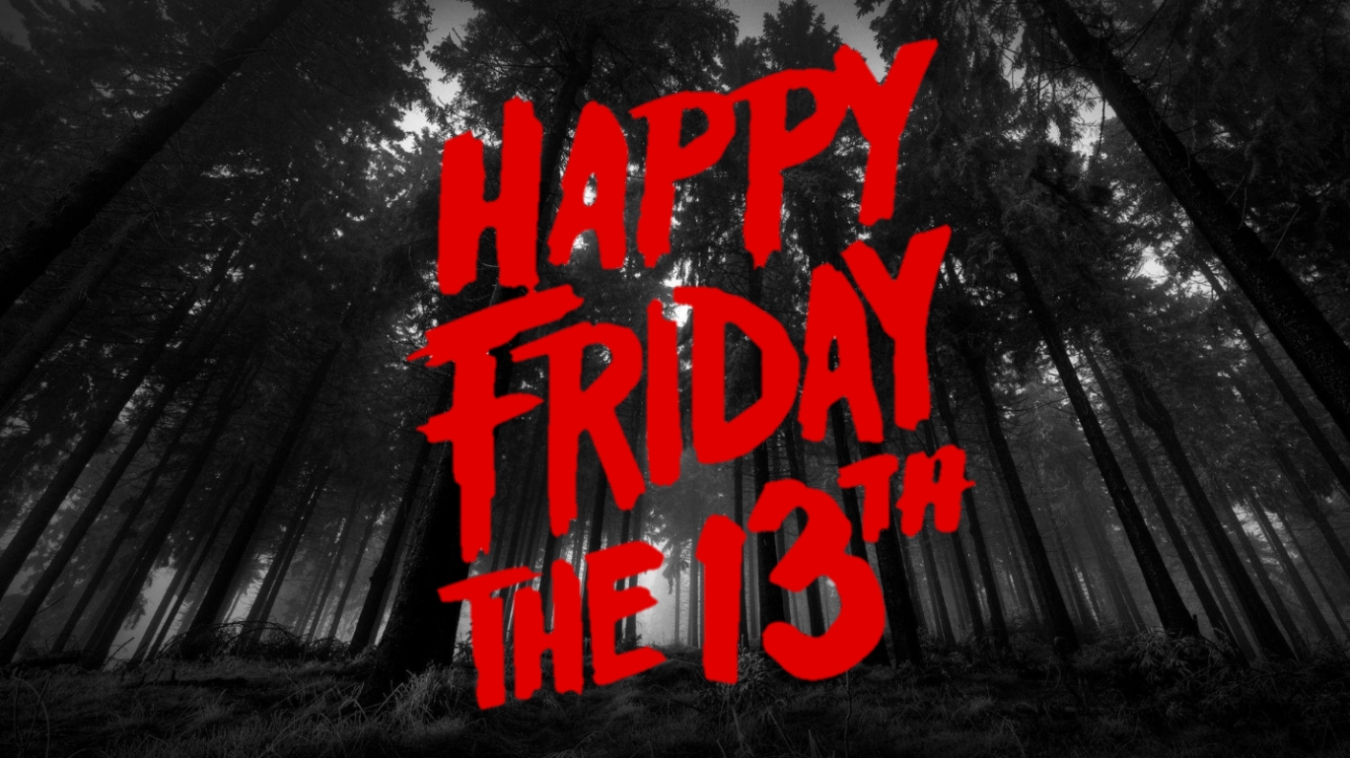Just saying Friday the 13th conjures up a day known for its bad luck and misfortune . Typically, in a given year, Friday the 13th pops up one to three times a year. This year, Friday the 13th appears twice in the calendar: September 13 and December 13.
Friday the 13th received its status as a day of bad luck over the course of history. There have been several instances that have stroked the myth that Friday the 13th is a day of doom and gloom. During the BC era, ancient laws and holy narratives alluded to impending misfortune once the calendar turned to Friday the 13th. Today western culture, especially the United States, realized that society’s superstitions could earn money by perpetuating the myth, mainly through horror movies.
A glimpse into past historical events surrounding unlucky Friday 13th offers some insight into how the date remains fixated as a cultural reality. According to World History.org, circa 1780 BCE , the “Code of Hammurabi,” a set of 282 laws inscribed in stone by the Babylonian King Hammurabi. He ruled ancient Mesopotamia. Many claimed that law 13 was missing from the stone; thus, beginning the belief that 13 was an unlucky number. Yet, according to history.com, the missing number 13 occurred because of a mistake one translator made by overlooking the law, so it was never recorded. Interestingly enough, none of the 282 laws were numbered!
It may seem odd for people to be superstitious of something bad happening every time Friday the 13th rolls around, but this fear can be traced back to events related to Jesus’s crucifixion. Based on an article from National Geographic, Jesus’s death took place on an early Friday in April. On Holy Thursday, Jesus was honored at the Last Supper by his 12 disciples along with the 13th guest, Judas Iscariot. The next day, known today as Good Friday, Judas Iscariot betrayed Jesus who was later arrested and sentenced to death. On that Friday, Jesus was nailed to a cross and died several hours later. People have mistakenly combined the Friday of his death and because Iscariot was the 13th guest, people soon believed that Jesus had died on Friday the 13th. the day of bad luck and misfortune.
Centuries later, as pop-culture surged, Hollywood joined the Friday the 13 craze with the 1980 release of the movie “Friday the 13th.“ This creepy movie follows a group of camp counselors who are murdered, one by one, by the fictional character and antagonist, Pamela Voorhees. The franchise was a success making $59 million on a budget of $550,000. It produced eleven more movies with Jason Voorhees, Pamela’s dead son who drowned in a lake, as the new slasher. It significantly contributed to the negativity surrounding the date, amplifying the fear and making the date famous.
Because of the day’s prominence in American culture, many feel that the day deserves some sort of recognition, possibly in the form of Nationally recognized holiday.
Recently, the Regina community completed a survey determining their thoughts as to whether the community supported a national holiday for Friday the 13th.
Students, faculty and staff voted with a staggering 65.4% of respondents indicating that Friday the 13th does not deserve a designated holiday.
Caroline Heneghan ’28 said, “The only significance surrounding [Friday the 13th as unlucky] that I know of are theories and conspiracies. There is no type of celebration or significance behind the day, other than that it is unlucky. I also don’t think we should create a holiday out of a day only known to be unlucky. Friday the 13th has oddly been one of the most lucky days for me. I’ve always had fun these days, maybe because it is a Friday.”
Although students overwhelming did not want “unlucky 13” classified as a holiday, it is worth noting that 42.3% of Regina’s horror lovers, do like the “Friday the 13th” franchise movies.
There are, however, a few who welcomed the thought of Friday the 13th finding its rightful place with other holidays. This belief was echoed by senior Claire Blasco who supported a holiday and said “why not?” Blasco added, “Many national holidays are not necessarily celebrated ever, and yet we still have them.”
English teacher, Ms. Tully, who teaches Creative Writing, Film Studies, and AP Language and Composition, said, “I’m indifferent to both the day and the movie. It should not be a holiday because it would be random.” When asked if she does anything differently on the day, she said, “No, the only time I realize it is Friday the 13th is when my brother’s birthday falls on it every six to seven years.”
Hollywood may have cashed in by spotlighting the date of Friday the 13th as more than just an “unlucky day,” but the majority of the Regina community doesn’t see the relevance in celebrating Friday the 13th as a holiday. People may enjoy the date as a fun twist on superstitions and may even have a story or two of something unlucky that happened to them. Yet, making the day a holiday did not receive their support. There were those, though, whom saw the addition of Friday the thirteenth as a non-essential holiday that wasn’t worth screaming about.




